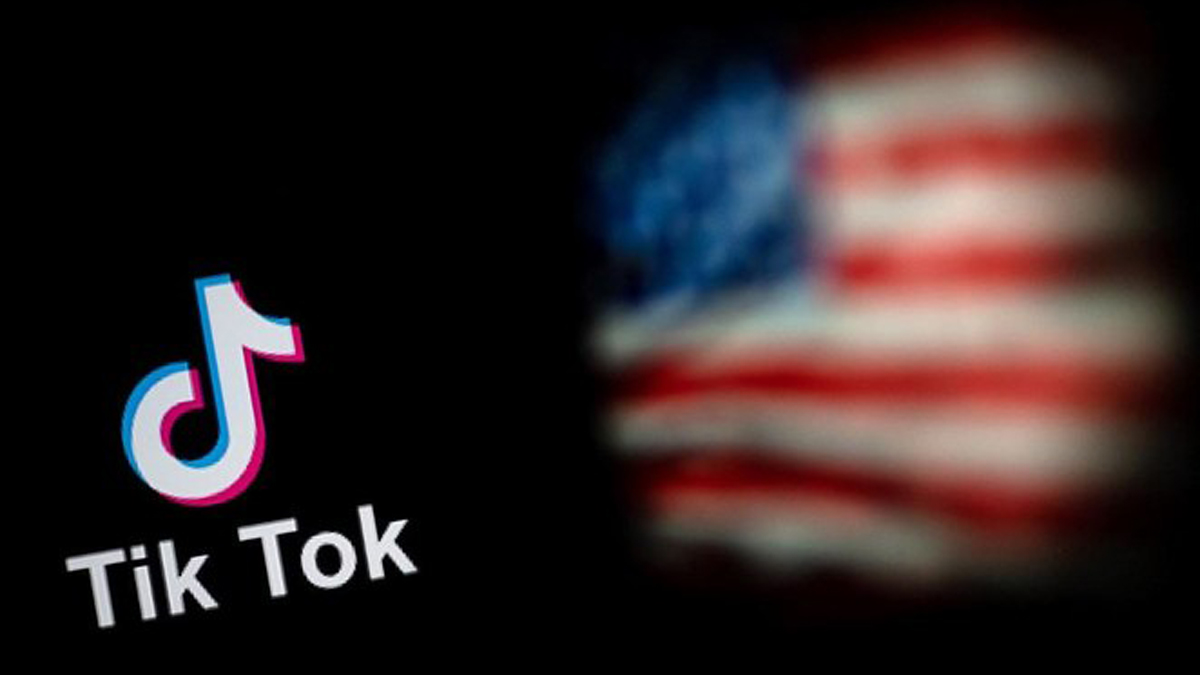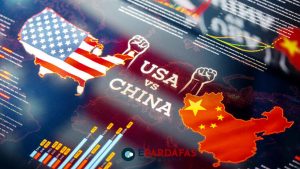
U.S. Senate Passes Bill That May Lead to TikTok Ban

The U.S. Senate approved the TikTok divest-or-ban bill with a vote of 79-18 on Tuesday, marking a crucial step toward potentially banning the popular social media app in the United States. This decision was part of a larger foreign aid package which had earlier seen approval from the House on Saturday. The bill now awaits President Joe Biden’s signature, expected on April 24, to become law.
The bill targets ByteDance, the Chinese parent company of TikTok, giving it a one-year ultimatum to either sell the app or face a ban from mobile app stores and web-hosting services in the U.S. This move stems from longstanding concerns over national security and the integrity of free speech.
Senator Mark Warner (D-Va.), chair of the Select Intelligence Committee, expressed serious concerns regarding TikTok’s operations under the influence of a foreign adversary. “The potential for covert manipulation of the platform, which plays a significant role in commerce, political discourse, and social debate, could serve the authoritarian objectives of a regime known for its censorship and disinformation campaigns,” Warner remarked during the Senate discussion.
Highlighting the influence of the Chinese government, Warner also pointed out the intense lobbying efforts by the Chinese embassy against the bill. He noted, “This vehement opposition by China, where TikTok isn’t even permitted to operate, underscores the importance Xi Jinping places on this platform.”
Further criticisms came from Senator Maria Cantwell (D-Wash.), chair of the Senate Commerce Committee, who underscored the threat posed by foreign exploitation of data. “The divest-or-ban requirement is a necessary step to prevent a Chinese company from using an export-controlled algorithm to harvest American consumer data,” Cantwell stated, referring to China’s legal requirement for companies like ByteDance to provide user data to the government upon request.
TikTok has attempted to mitigate these security concerns through initiatives like “Project Texas,” where data storage and code review would be handled by Oracle in Texas. However, Senator Warner argued that this measure fails to address the overarching issue of ByteDance’s ownership and the potential for Chinese governmental exploitation.
Despite the harsh stance from many in the Senate, there were voices like Senator Ed Markey (D-Mass.) who warned of the broader implications such a ban could have on free speech and censorship. Markey described the bill as an effective ban, considering the logistical and financial hurdles involved in a potential sale.
Following the Senate’s approval, TikTok announced plans to challenge the legislation on First Amendment grounds, suggesting a legal battle ahead once the bill is enacted.
This legislative move marks a pivotal moment in the ongoing debate over digital sovereignty, privacy, and international relations as U.S. lawmakers seek to curb the influence of what they perceive as potentially harmful foreign technological intrusions.












Comments